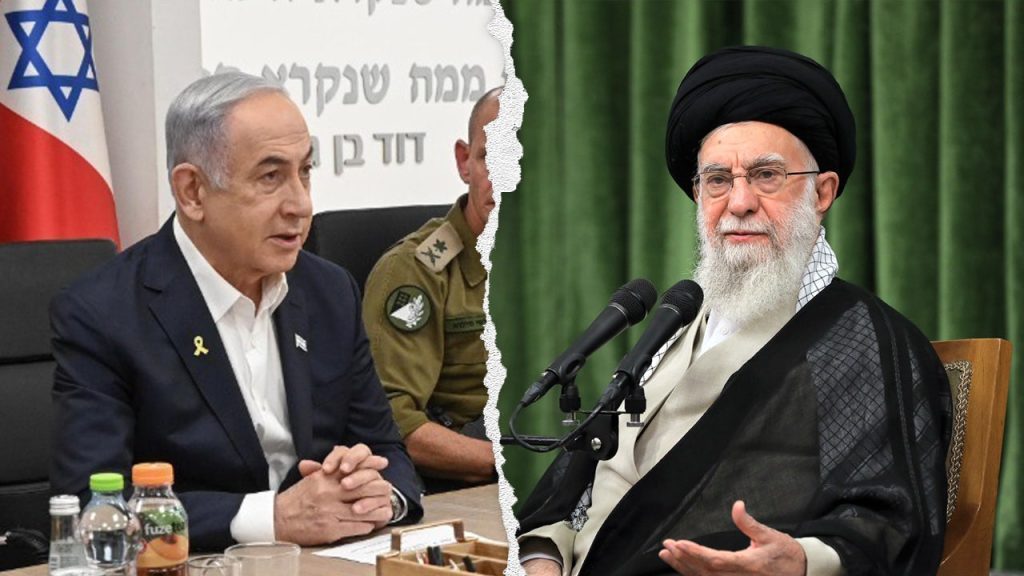Israel carried out a daring aerial military strike in Iran on Saturday, indicating its readiness to continue offensive actions against the Islamic Republic if Tehran responds. The Israel Defense Forces (IDF) Spokesperson emphasized the country’s capability and resolve to defend itself and its people against threats and escalations. The mission, codenamed “Days of Repentance,” was a response to Iran’s missile attack on Israel earlier in October, although Israel avoided targeting Iran’s nuclear weapons sites and oil production facilities to limit the impact of its attack. While some experts believe the United States may have influenced Israel’s restrained response, others see it as a successful reestablishment of deterrence.
After the strike, Secretary of Defense Austin reaffirmed the strong commitment of the United States to Israel’s security and right to self-defense. Reports indicated that Israel conducted precise airstrikes on military targets in Iran, well away from populated areas. Despite pressure from hardliners in Iran urging a counter-attack, the regime downplayed the impact of the strike and emphasized its right to respond as necessary. The U.S. has warned Iran against escalating further, potentially setting the stage for a broader conflict if Iran chooses to respond to Israel’s actions.
The counterstrikes by Israel reportedly resulted in the deaths of four Iranian soldiers, including an officer. There is uncertainty about whether Iran will retaliate with new missile attacks against Israel, although Israeli officials indicated that they are always prepared for such scenarios. Israel’s pre-attack warning to Iran’s regime, in which they detailed what would be targeted, suggests a calculated approach to limiting the impact of its operations while sending a strong message to Tehran. However, some Israeli leaders and experts criticized the limited scope of the attack, suggesting that more strategic targets could have been hit to exact a heavier price from Iran.
Overall, the situation between Israel and Iran remains tense, with the potential for further escalations depending on how Tehran chooses to respond to Israel’s actions. The U.S. has expressed support for Israel’s right to defend itself and maintain security in the region, particularly against threats from Iran and its proxies. Israel’s decision to launch airstrikes on Iran’s military targets was seen as a measured response, but it also raised questions about missed opportunities to target more critical sites. The regime in Iran continues to downplay the impact of Israel’s strikes, while hinting at the reserved right to respond, setting the stage for a potential cycle of retaliation and counter-retaliation between the two countries.


